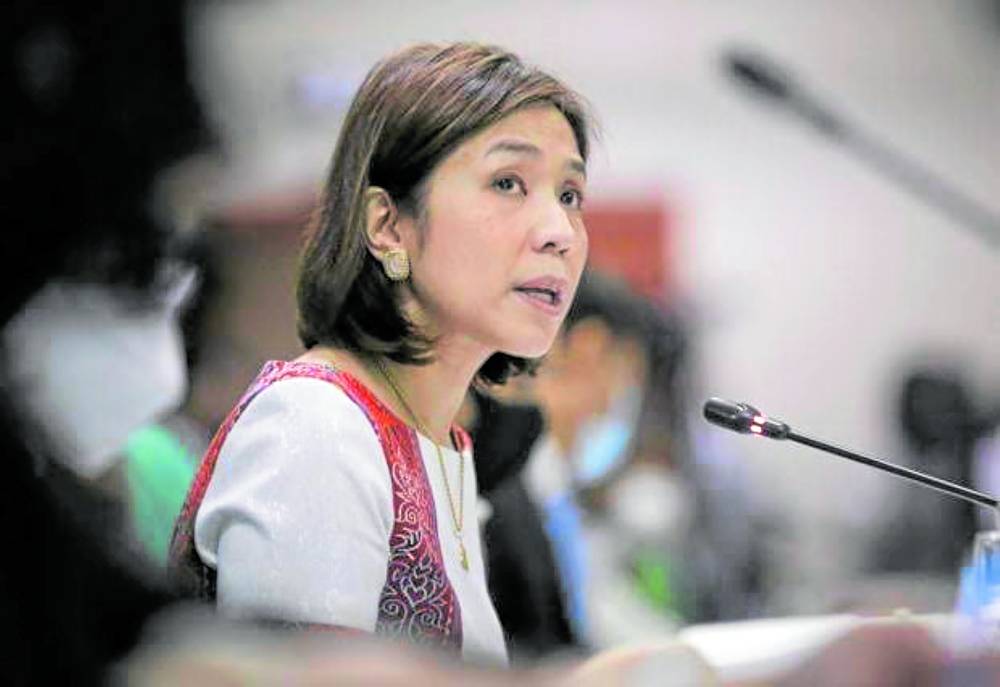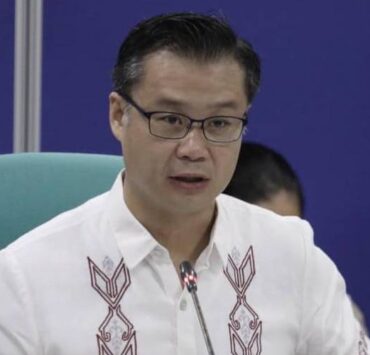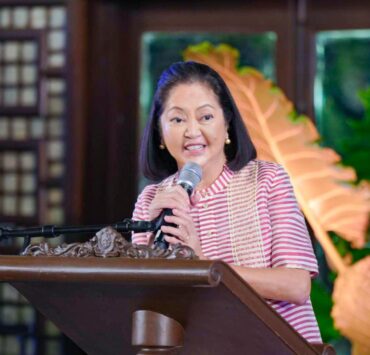Marcos approves P6.793-T budget proposal for 2026

President Marcos on Tuesday approved a proposed budget of P6.793 trillion for the national government to support his programs and development agenda for 2026, his fourth year in office.
Budget Secretary Amenah Pangandaman presented the 2026 National Expenditure Program (NEP) to the Cabinet, which is equivalent to 22 percent of the country’s gross domestic product (GDP).
It is also higher by 7.4 percent from this year’s national budget of P6.326 trillion.
“The President himself sat down with the different agencies to ensure that all our priorities are aligned towards our common goal of achieving our vision of a Bagong Pilipinas,” Pangandaman said.
“So we are very grateful to the President for his leadership and active role in the crafting of this budget,” she added.
At a press briefing also on Tuesday, Palace Press Officer Claire Castro said the proposed budget reflects the Marcos administration’s commitment to enhancing the quality of education and improving the lives of every Filipino.
Social services, education
According to her, the President stressed that the 2026 budget must not only drive economic growth but more importantly uplift the quality of life of all Filipinos.
The Department of Budget and Management (DBM) said the 2026 NEP prioritizes social services and especially education, in accordance with the President’s directives.
The 1987 Constitution mandates that “the State shall assign the highest budgetary priority to education and ensure that teaching will attract and retain its rightful share of the best available talents through adequate remuneration and other means of job satisfaction and fulfillment.”
An agency level breakdown of the 2026 NEP is not yet available as of writing. But it will be submitted to Congress within 30 days after the opening of the regular session on July 28.
‘Limited fiscal space’
According to the DBM, it had to trim down requests for budget proposals that reached P10.101 trillion due to “limited fiscal space.”
The NEP serves as the basis of the General Appropriations Bill (GAB), which will become the General Appropriations Act (GAA) once signed by the President into a law.
Congress—specifically the House of Representatives where appropriation measures originate—can amend, modify, delete, realign, reduce, increase and reallocate items of expenditure in the NEP as long as the ceiling of the total expenditure budget proposed by the President for the entire government is not exceeded.
Lion’s share
The Marcos administration also implements a fiscal consolidation strategy that targets gradually reducing the national government’s deficit from 5.5 percent of GDP in 2025 to 4.3 percent by 2028.
By expense class, the lion’s share of the proposed budget will go to maintenance and other operating expenses (MOOE) at P2.639 trillion—equivalent to 38.8 percent of the 2026 NEP—to fund the implementation of government programs and projects.
This is followed by Personnel Services (PS) expenditures at P1.908 trillion, or 28.1 percent of the total proposed budget and reflecting a 16.8-percent year-on-year growth. This allocation will fund the salaries and other benefits of government workers, including the requirements for creation and filling of positions.
Capital Outlay will be allotted P1.296 trillion, or 19.1 percent of the NEP, to fund priority infrastructure projects.
Financial Expenses (FinEx) will be provided P950 billion, or 14 percent of the NEP, to fund interest payments on government debt, bank charges, and other financial transactions.
National government agencies will receive P4.305 trillion, or 63.4 percent, while local government units will receive nearly 20 percent at P1.350 trillion, excluding locally implemented projects funded through national agencies.
Government-owned or -controlled corporations (GOCCs) will be allocated P188.3 billion in the form of subsidy or equity support, as well as net lending assistance.
Pangandaman said the budget, anchored on the theme “Nurturing Future-Ready Generations to Achieve the Full Potential of the Nation,” focuses on human capital development. —WITH A REPORT FROM LUISA CABATO

















